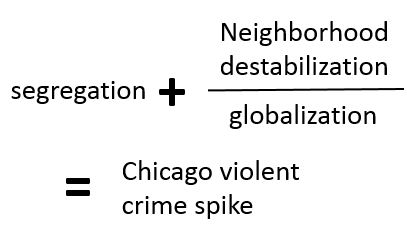So it seems the debate has begun. There's been enough progress in Detroit to discuss whether its rebound is for real, or not.
Two academics, Laura Reese of Michigan State University and Gary Sands of Wayne State University, wrote a piece for the Atlantic a couple weeks ago to counter the spreading narrative of Detroit's comeback. The article notes the Motor City's rebound has caught the attention of the national media and parts of academia, but they aren't so certain that the trend is real, or if it is, whether it's indeed sustainable. read more »























